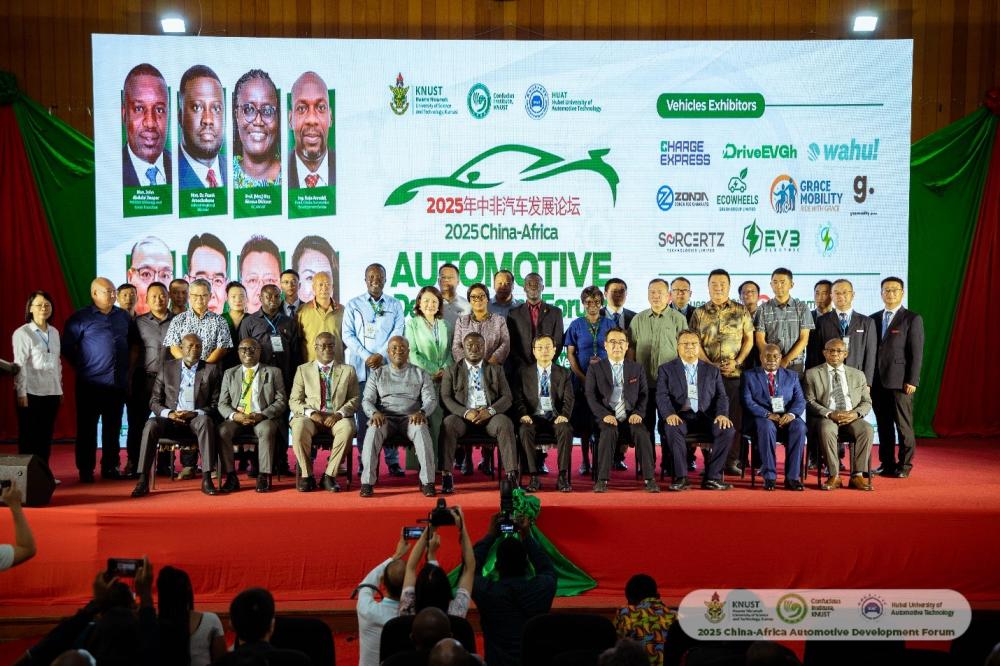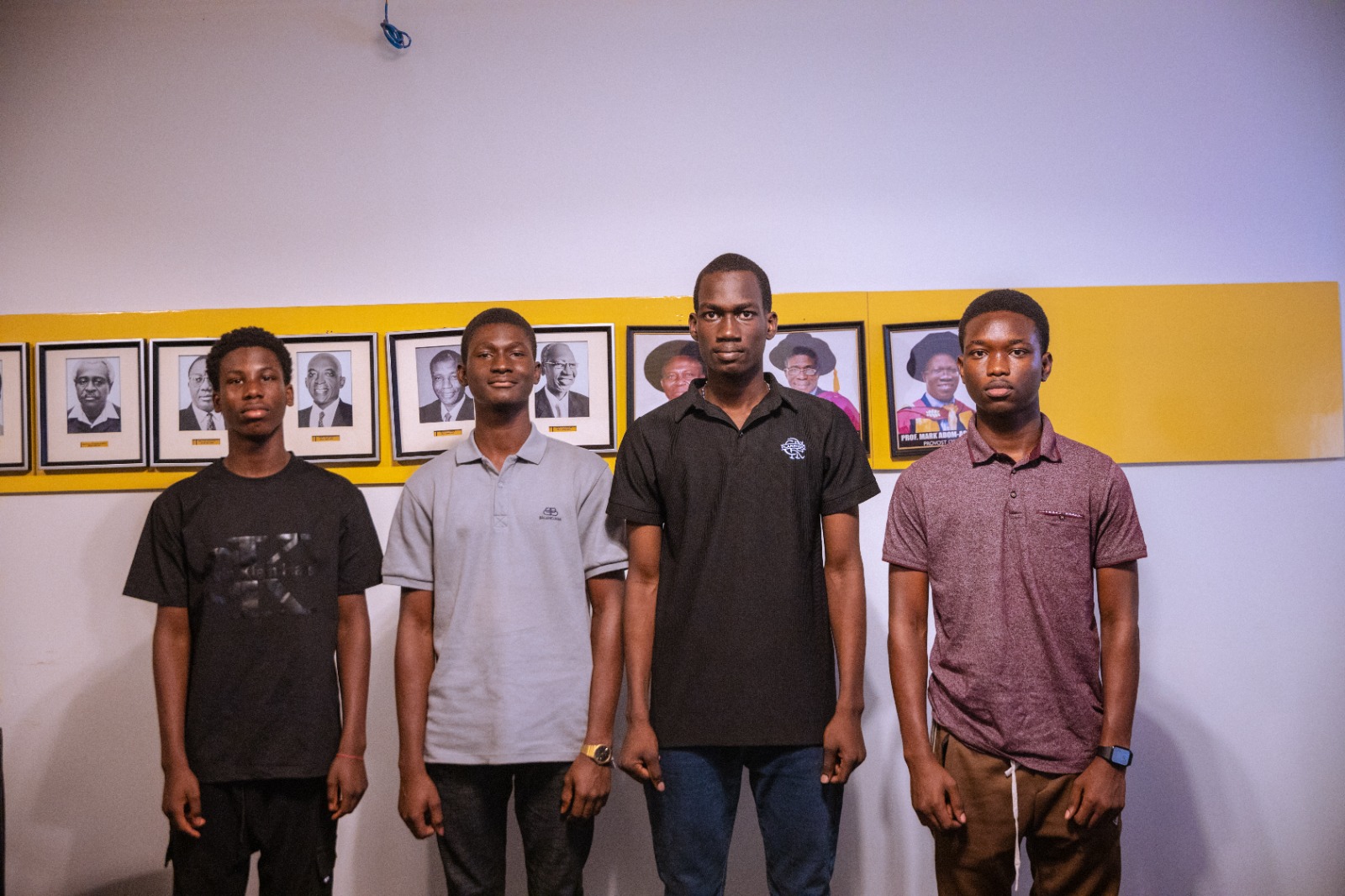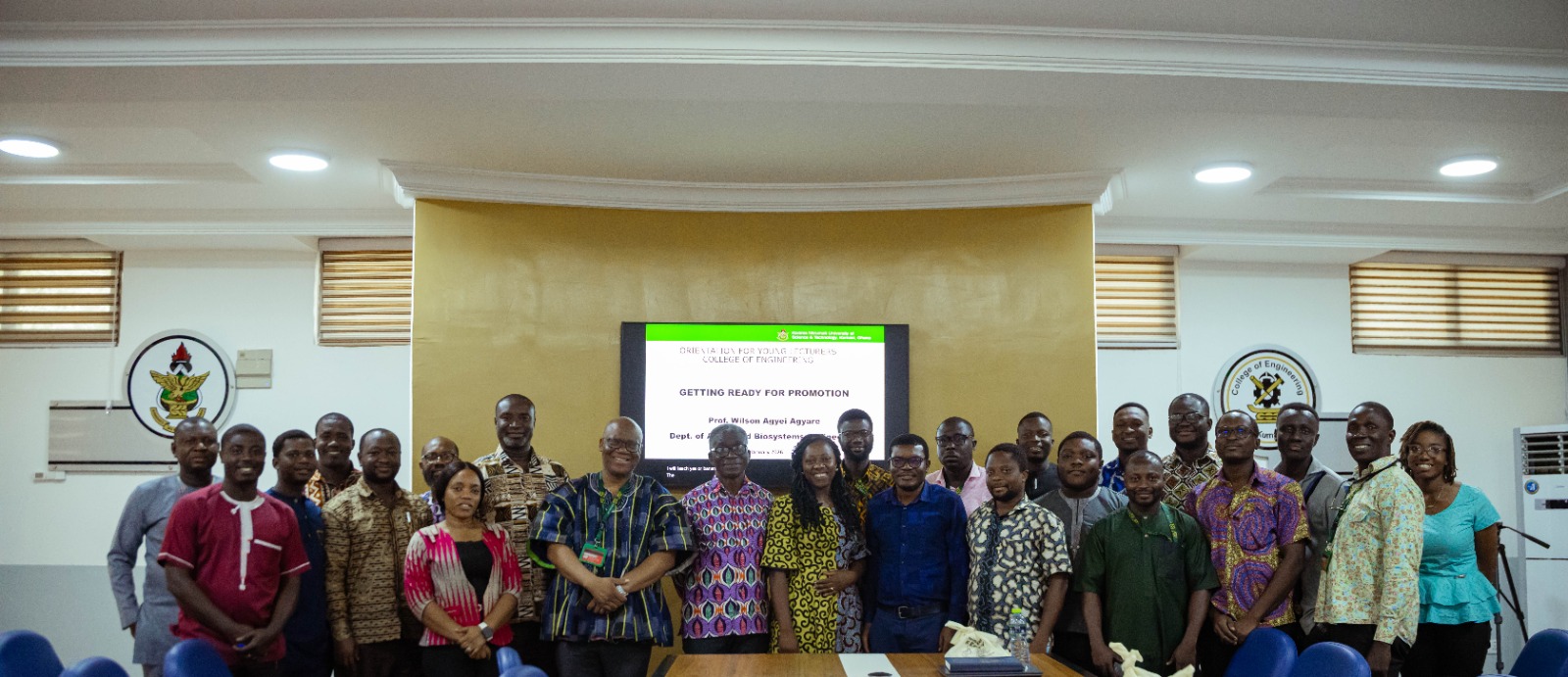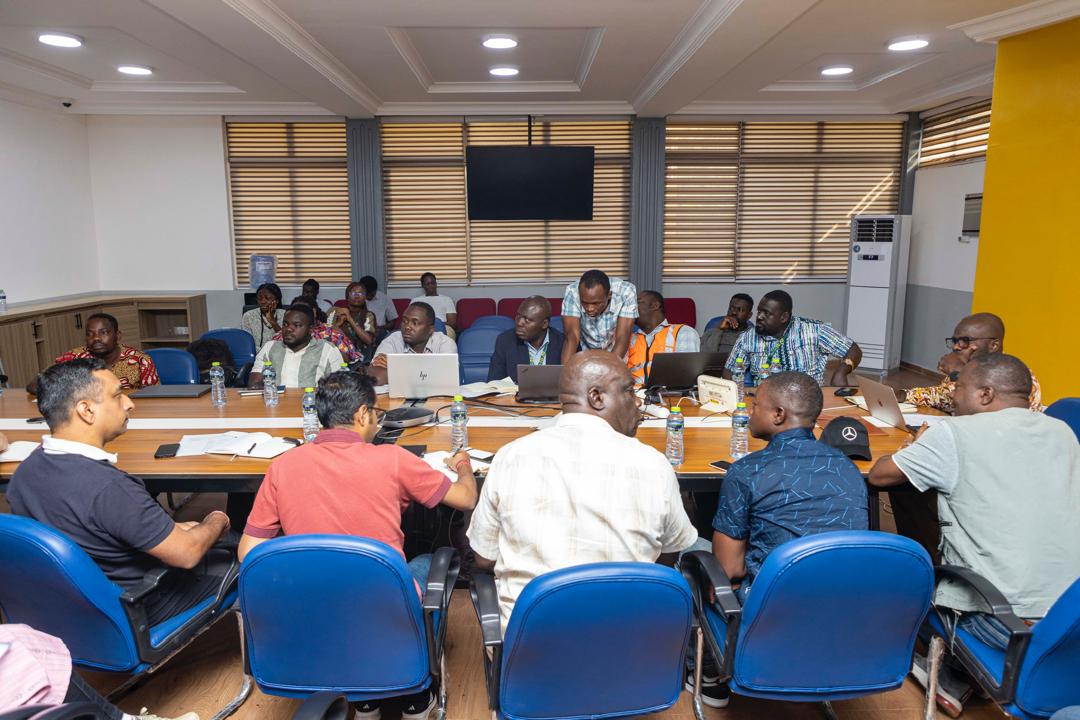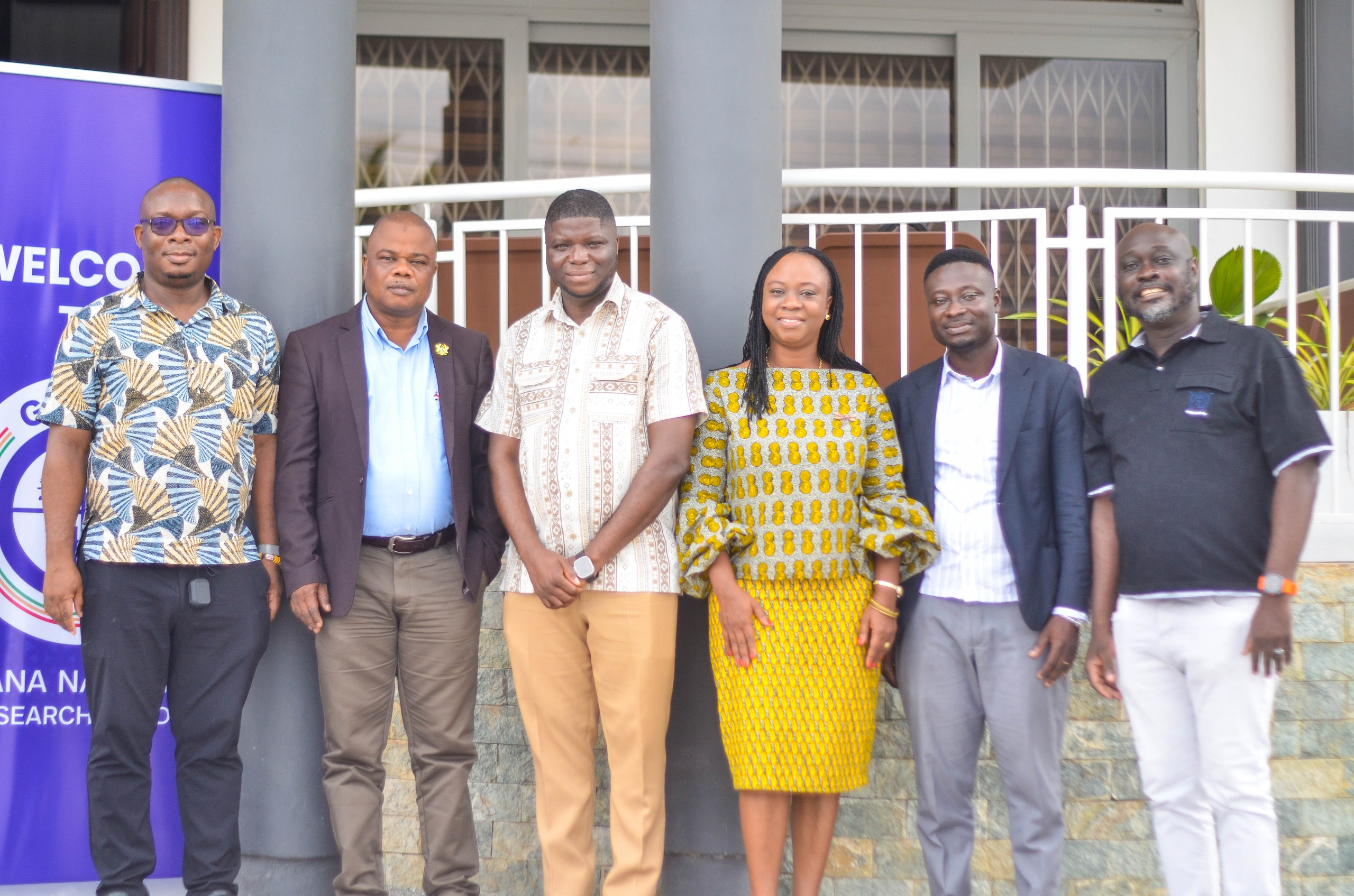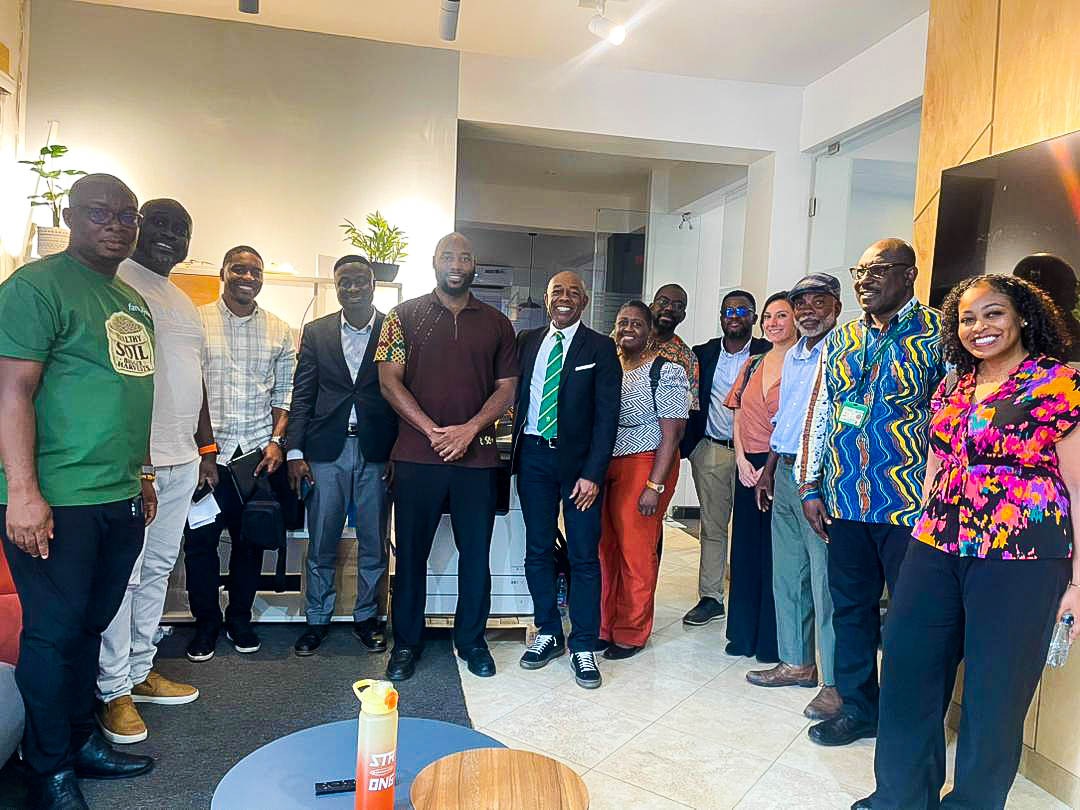The KNUST College of Engineering hosted the 2025 China-Africa Automotive Development Forum at the Kumapley Auditorium under the theme “Intelligent Manufacturing of Lightweight Electric Vehicles.” The forum convened government officials, academic leaders, engineers, diplomats, and industrial innovators across Africa and China, providing a high-level platform for dialogue and collaboration around clean mobility, sustainable industrialisation, and electric vehicle (EV) technology tailored to the African context.
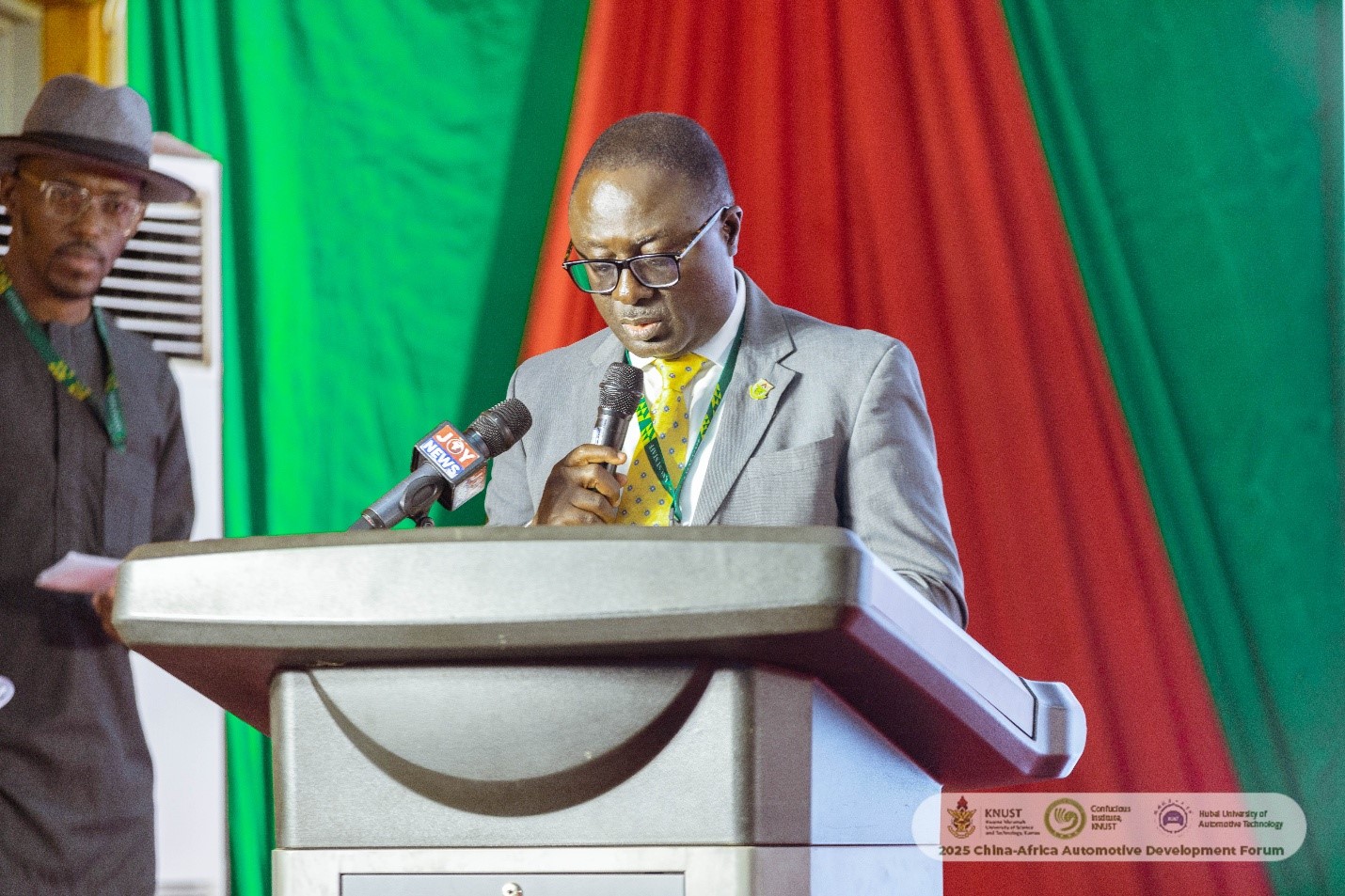
Delivering the opening remarks on behalf of Vice-Chancellor Prof. Rita Akosua Dickson, Pro-Vice-Chancellor, Prof. David Asamoah highlighted the strategic value of the forum and KNUST’s role in Africa’s innovation landscape. “The future of mobility is electric, intelligent, and sustainable,” he stated. “Africa has the opportunity to leapfrog into advanced manufacturing and technology ecosystems that support inclusive growth.”
Prof. Asamoah also announced the formation of the International Joint Research Centre for Advanced Automotive Energy Storage Materials and Systems, a collaboration between KNUST and China’s Hubei University of Automotive Technology (HUAT), aimed at spearheading research in battery storage and electric mobility systems.
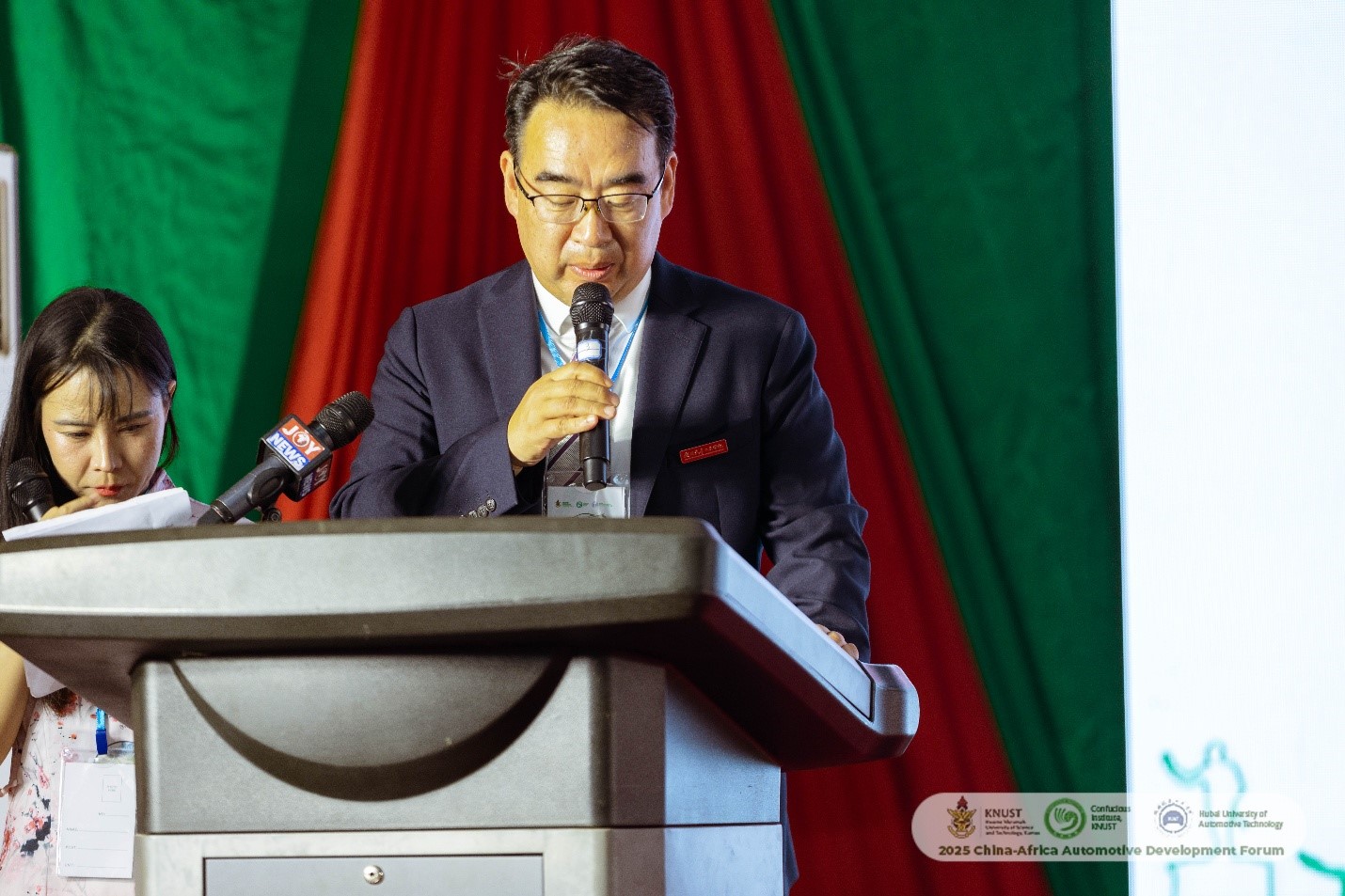
Prof. Wang Xiao, President of HUAT, reaffirmed the importance of sustained academic and industrial cooperation between the two institutions. He praised the strength of the Confucius Institute at KNUST as a symbol of meaningful and productive collaboration. “With common aspirations, not deterred by oceans or mountains, we have come together to shape a future of shared innovation,” he remarked.
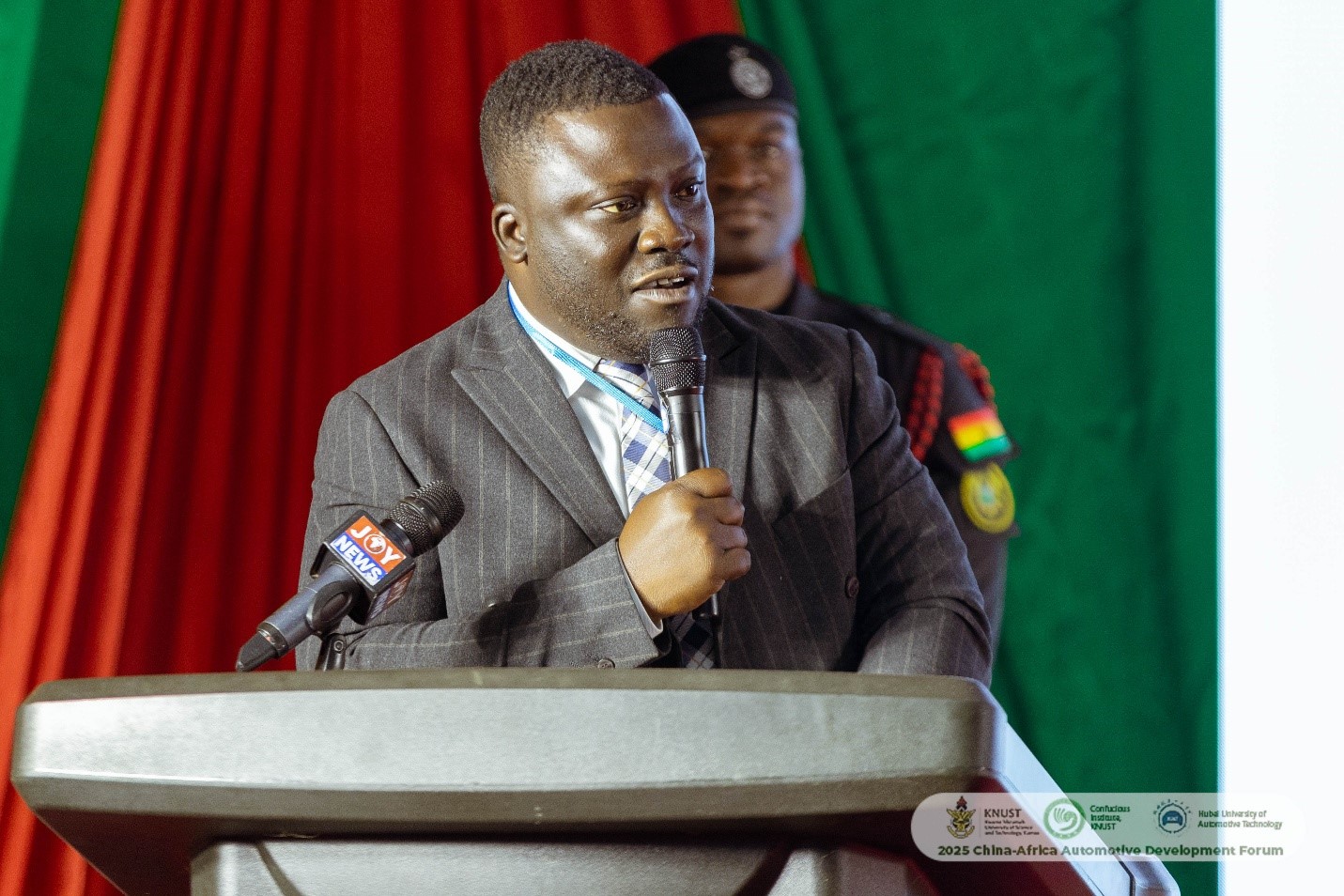
Hon. Dr. Frank Amoakohene, Ashanti Regional Minister, praised the forum as a catalyst for regional transformation, pledging full government support to integrate informal sector innovation with formal policy frameworks. “Ashanti Region is the gateway to Ghana, and Ghana is the gateway to West Africa. What we build here can resonate far beyond this region,” he affirmed.
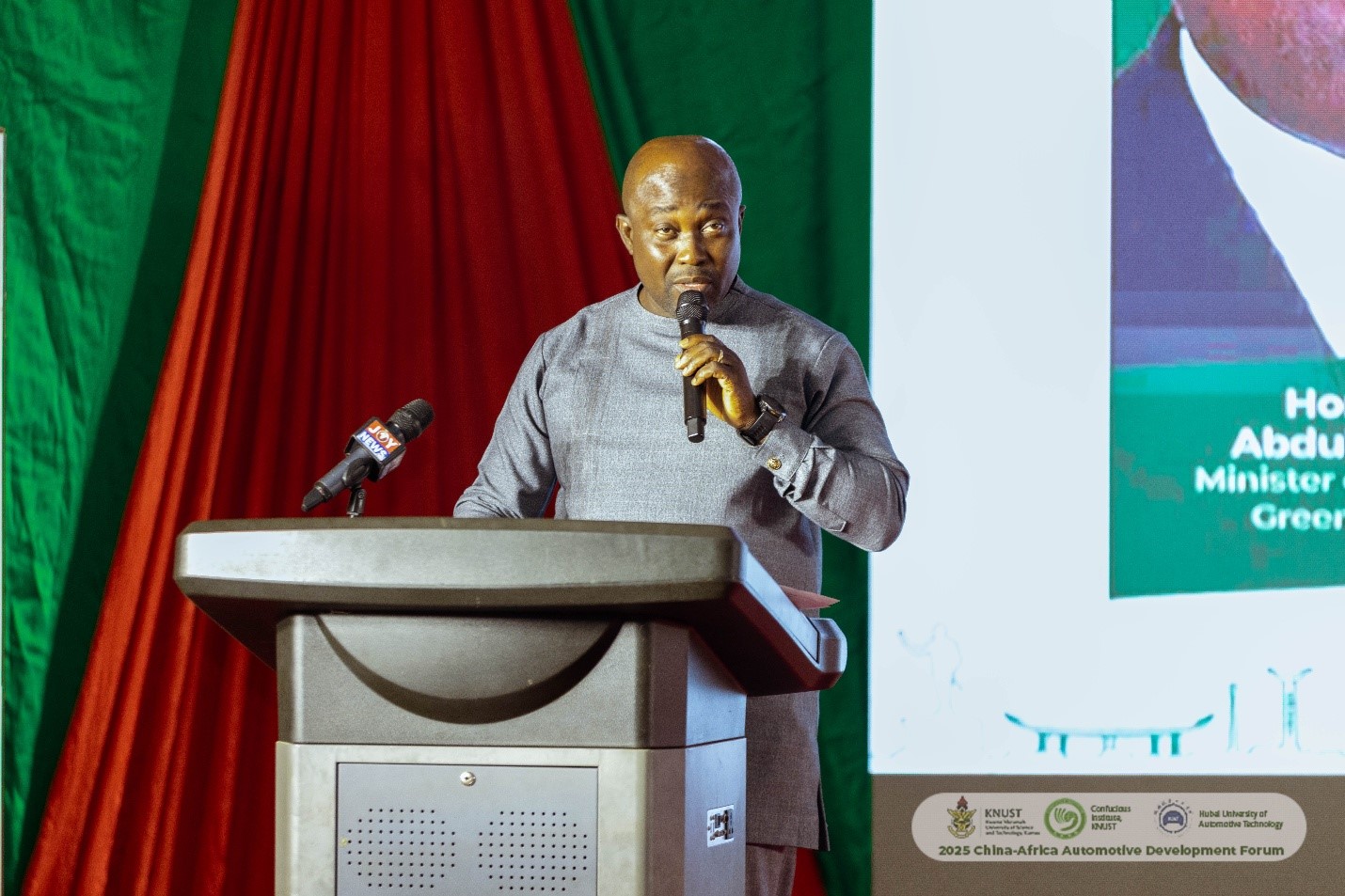
Ing. Seth Mahu, Director for Energy and Green Transition, delivered an address on behalf of the Minister of Energy, highlighting Ghana’s green transportation roadmap and infrastructure plans.
“We are not just planning for EVs, we are building the policy, infrastructure, and incentives to support local production, assembly, and innovation,” he noted. “With the establishment of the Joint Research Centre, we are preparing our institutions to lead, not follow.”
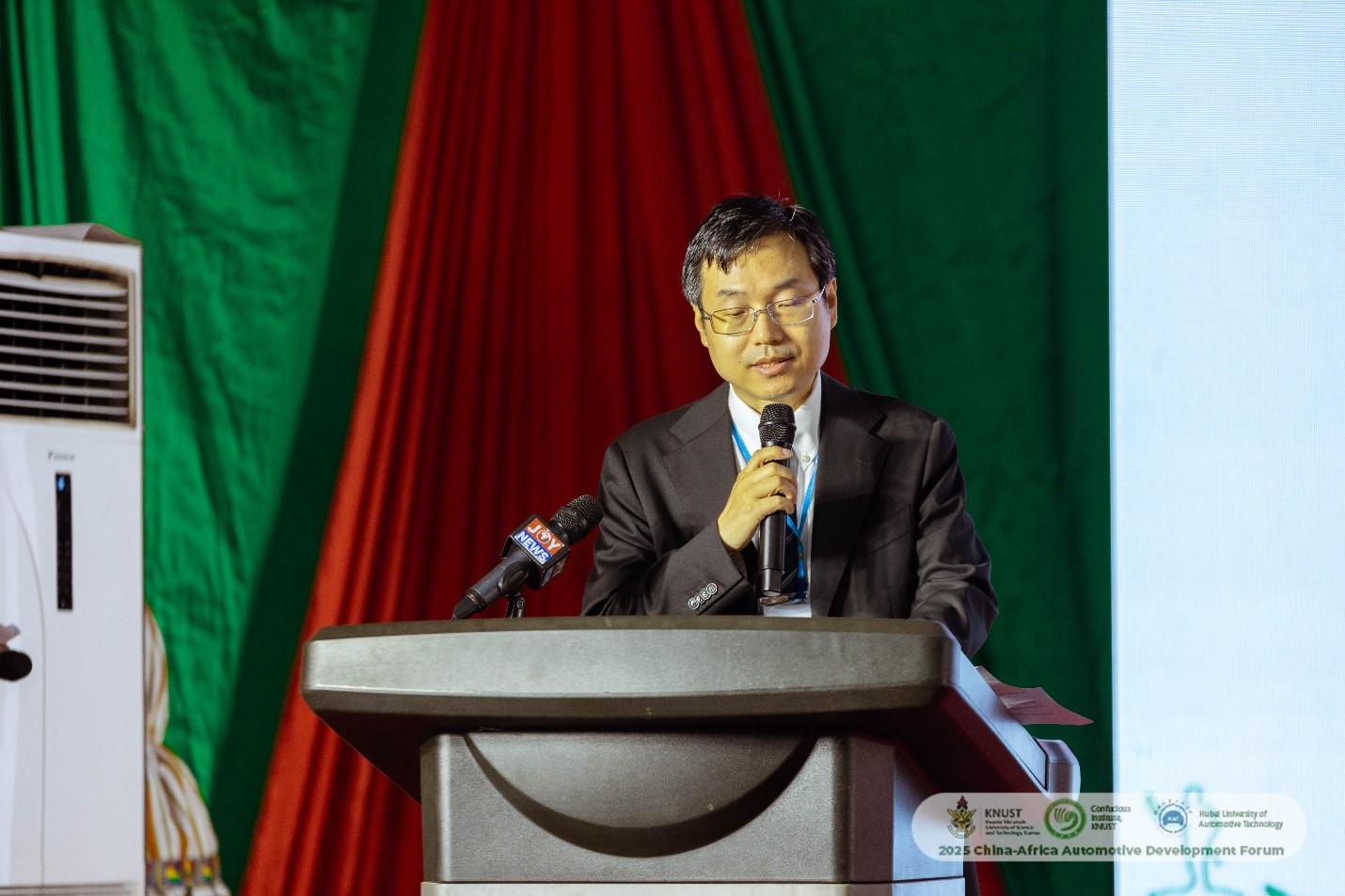
Prof. Lee Yang, speaking on behalf of the Chinese Ambassador to Ghana, highlighted the growing collaboration between China’s EV leadership and Africa’s untapped market potential. Africa accounts for 15% of the world’s population, yet only 2% of vehicle sales. The opportunity is not just economic, it is transformational,” he said. “African consumers increasingly prefer Chinese EVs for their quality, fuel efficiency, and affordability.”
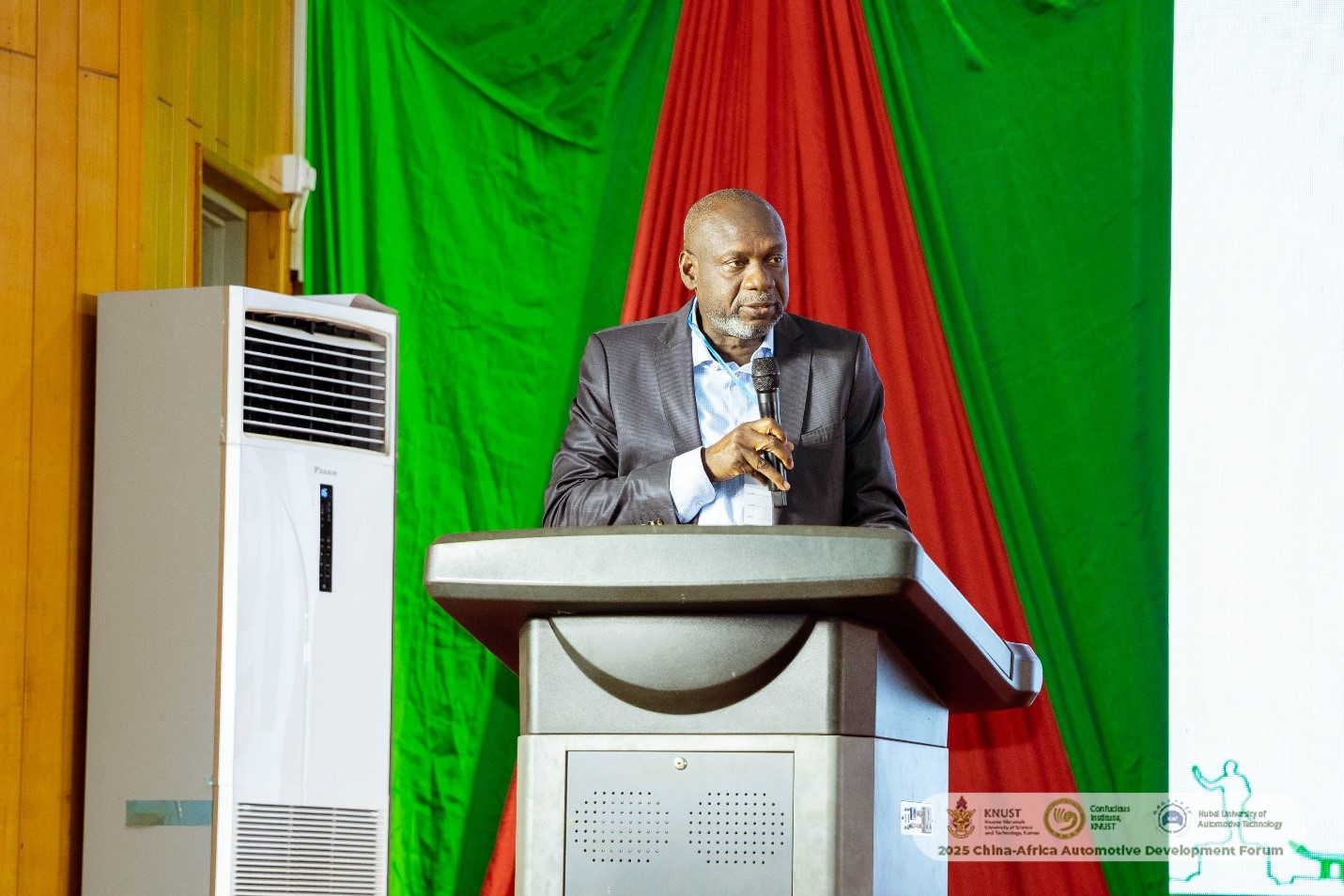
Ing. Kojo Annobil, Head of the Ghana Automotive Development Centre, acknowledged the foundational automotive policy introduced in 2019 and emphasised the need to revise it to accommodate EV manufacturing. He pointed to the growing ecosystem of local and foreign assemblers and pledged support for regulatory improvements.
“While no EVs are currently assembled under the policy, we are committed to reviewing it. The groundwork is already being laid for an inclusive, electric future,” he said.
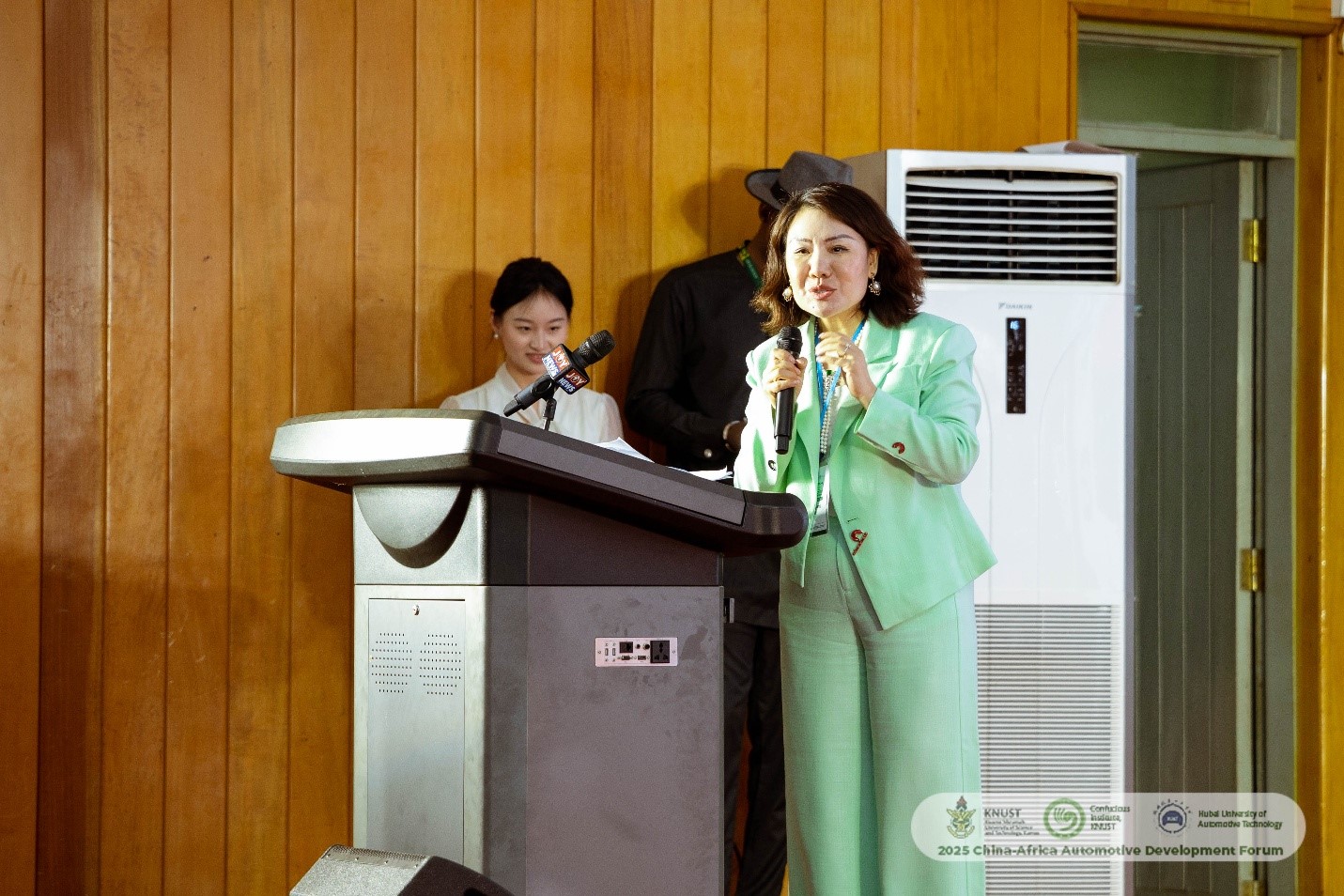
The keynote address came from Mrs. Yang Yang, CEO of Zonda Tec Ghana Ltd., whose energetic and candid speech illustrated the power of private sector innovation in advancing national goals. She described Zonda’s growing investment in local assembly, employing over 80 KNUST graduates, and the upcoming launch of a third factory exclusively for electric vehicles.
She emphasised youth empowerment, saying, “If I can build this from scratch, so can you. Our students must stand on the front line of this technology revolution.”
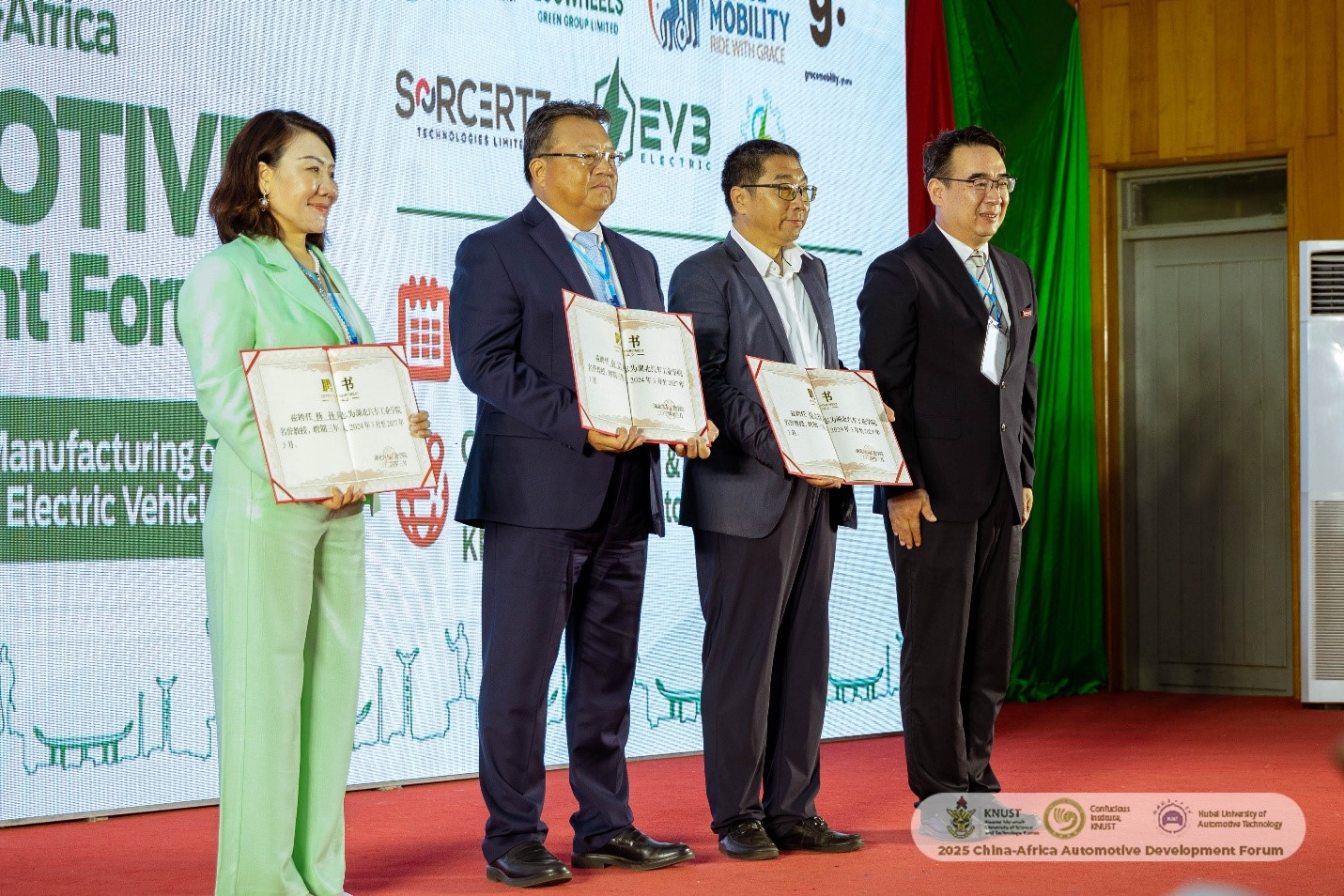
Certificates were awarded to strategic partners in recognition of their contributions to advancing China-Africa cooperation in automotive technology.
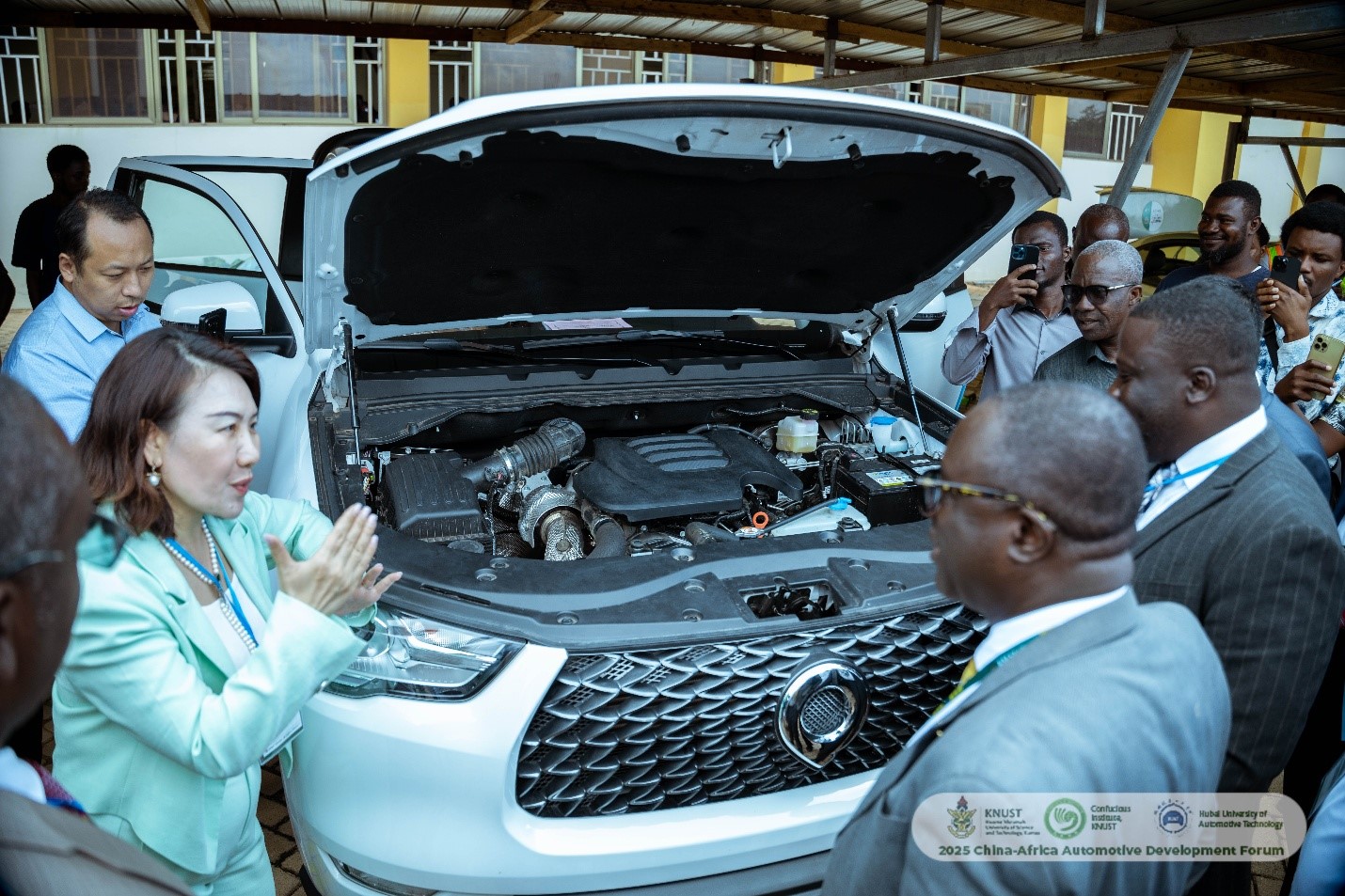
The event featured a curated exhibition of electric vehicles and charging systems by EV3 Africa, Ecowheels Green Groups Ltd, Socrecertz Technology Ltd., Zonda Tec Ghana Ltd and many others. These demonstrations underscored the forum’s practical significance, showcasing African-made solutions for local transportation challenges.

The 2025 China-Africa Automotive Development Forum concluded with a unified call to action: to turn shared ambition into collaborative execution. With a blend of policy commitment, academic leadership, and private sector investment, the event laid a strong foundation for future projects in EV manufacturing, research, and infrastructure across the continent. “Let us make Ghana the West African regional hub for electric vehicle manufacturing,” said Ing. Mahu. “Let us bring clean transport to our cities, new jobs to our youth, and sustainable growth to our economies.”


